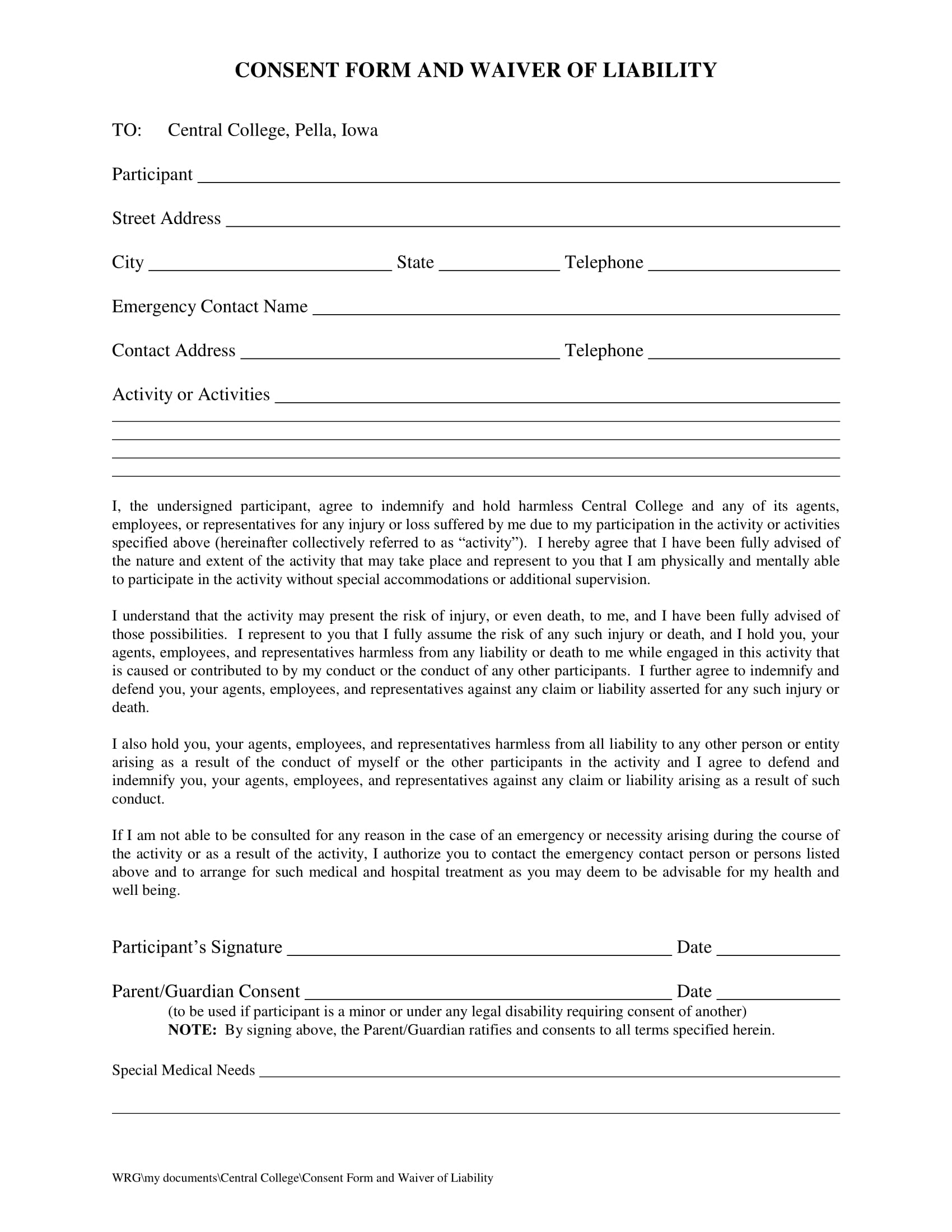
2010) (interpreting disclosure under the Privacy Act “liberally to include not only the physical disclosure of the records, but also the accessing of private records”).

OMB guidelines, and some, but not all, courts have advised that disclosures can occur by either transferring a record or simply “granting access” to a record.įurther, a disclosure under the Privacy Act “may be either the transfer of a record or the granting of access to a record.” OMB 1975 Guidelines, 40 Fed.

Ohio 2013) (“hile the term ‘disclosure’ is not defined by the statute, it has been interpreted broadly”) Cloonan v.

2003) (“The Privacy Act prohibits more than dissemination of records themselves, but also ‘nonconsensual disclosure of any information that has been retrieved from a protected record’” (quoting Bartel v. taken from a protected record and inserted into a new document, which was then disclosed without the plaintiff’s consent,” violated subsection (b) because “the new document is also a protected record”) Orekoya v. 2005) (rejecting argument that “the only protects against the disclosure of a physical document that is contained in a system of records,” and holding that “damaging information. 2010) (“Numerous courts have held that the Privacy Act protects against improper oral disclosures.”) Jacobs v. 1984) (concluding that “an absolute policy of limiting the Act’s coverage to information physically retrieved from a record would make little sense in terms of its underlying purpose” and that Privacy Act “forbids nonconsensual disclosure of records “by any means of communication”) see also, e.g., Speaker v. 1992) (noting that “Privacy Act generally prohibits the federal government from disclosing personal information about an individual without the individual’s consent”).Ī “disclosure” can be by any means of communication – written, oral, electronic, or mechanical. 2013) see also, e.g., Navy, Navy Exch., Naval Training Station, Naval Hosp. Mine Safety & Health Review Comm’n, 715 F.3d 631, 650 (7th Cir. Under the Privacy Act’s disclosure provision, agencies generally are prohibited from disclosing records by any means of communication – written, oral, electronic, or mechanical – without the written consent of the individual, subject to twelve exceptions.įederal officials handling personal information are “bound by the Privacy Act not to disclose any personal information and to take certain precautions to keep personal information confidential.” Big Ridge, Inc. “No agency shall disclose any record which is contained in a system of records by any means of communication to any person, or to another agency, except pursuant to a written request by, or with the prior written consent of, the individual to whom the record pertains. There are twelve exceptions to this general rule.Ī.

The general rule under the Privacy Act is that an agency cannot disclose a record contained in a system of records unless the individual to whom the record pertains gives prior written consent to the disclosure. CONDITIONS OF DISCLOSURE TO THIRD PARTIES


 0 kommentar(er)
0 kommentar(er)
